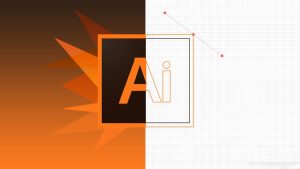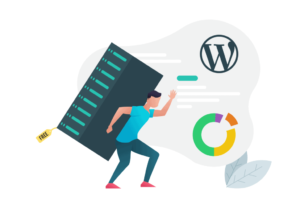Tools to Optimize Your Images in WordPress

Images are important for your website. They can help convey the message effectively in a mere glance and give your reader a much-welcome break from the continuous text in your article. The right image can actually convey the message of the article to the reader within a few seconds. There are two main aspects of a website image that need to be kept in mind – its relevance to the text and the quality of the image. High-resolution camera phones and digital/SLR cameras have increased the level of the perceived quality of a good image. Today, a website with a low-resolution image is not considered to be professional enough.
Hence, websites try to upload high-resolution images to keep their users satisfied. But, this has a flip side too. A high-resolution image is usually heavier (more MBs) which increases the load time of the page. But users are not comfortable with high load times either. They need high-resolution images to load in minimum time. The process of striking the right balance between quality and size is called Image Optimization which can be explained in three simple steps:
- Selecting the optimum dimensions.
- Compressing and saving the images for the web.
- Stripping the image of all unnecessary data. This includes metadata, additional color profiles, etc.
If you own a WordPress website, then the good news is that you have hundreds of plugins and tools available for image optimization. Here are some tools that you can consider:
WP Smush
WP Smush is an image smusher for WordPress which helps in image optimization. This plugin, developed by WPMU DEV, automatically scales all the images of your website using advanced lossless compression techniques, before adding them to the media gallery. The plugin is available in a free and premium version. There is a limit of compression of images up to 1MB in the free version. You can increase this limit and avail other features through the premium version.
EWWW Image Optimizer
If you are looking for a free image optimization plugin, then you might want to consider the EWWW Image Optimizer. This plugin offers a fast turnaround since the images are not transferred to a third-party website and the optimization process is carried out within your server itself. The plugin also offers cloud tech optimization for users who do not have execute-file permission on the server. Also, it offers a lossless optimization and has no limit on the size of the image.
Imsanity
Imsanity is also a free plugin which allows you to configure the basic parameters of images like maximum width, height, and image quality. The plugin automatically optimizes images which exceed these specifications. It also provides an option to exclude images that you don’t want to resize or compress.
Imagify Image Optimizer
With three levels of compression – normal, aggressive, and ultra, the Imagify Image Optimizer plugin is a good tool for optimizing images on your website. If needed, you can restore the images back to their original versions. You can compress around 250 images per month (or 25MB of images) in the free version. A paid version with additional features is also available.
Conclusion
Optimizing images allows you to offer the best experience to visitors on your website. Further, ensure that you regularly update the plugins and keep the plugin database optimized. Another important aspect that can impact the overall performance of your website is the web host. Choosing a good WordPress Hosting provider can ensure that all updates of WP, plugins, themes, etc. are automatically managed by the provider and the WP database is optimized. Further, most providers integrate CDN and caching servers to enhance the speed of your website by up to 100%!
Do share your experience with image optimization tools with us in the comments below.






